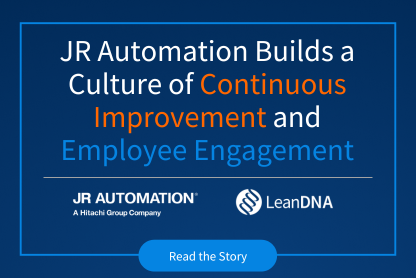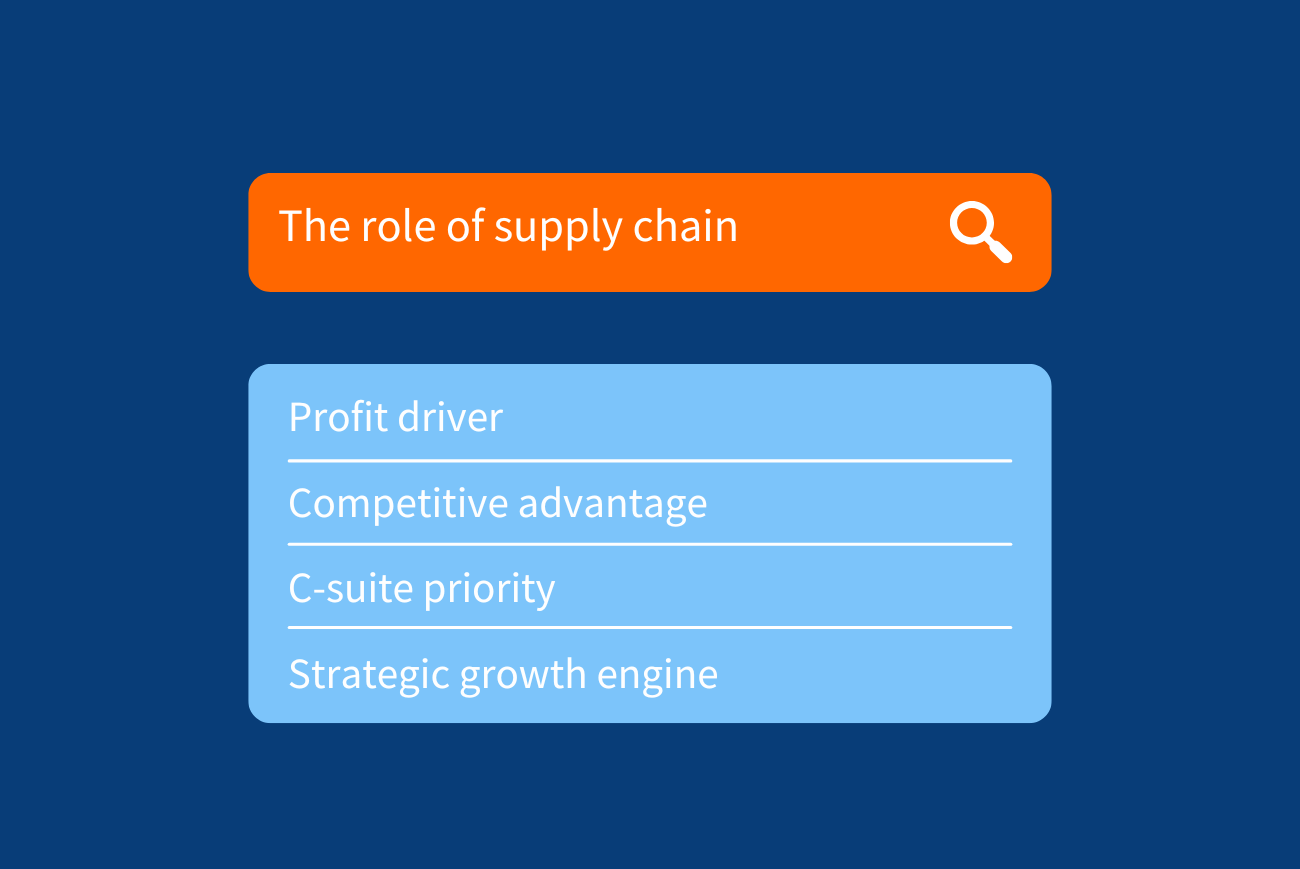The Pivotal Change Towards Automation in Supply Chain Workflows
In today's fast-paced and ever-evolving business landscape, supply chain management plays a pivotal role in determining a company's success. Efficiently managing the flow of goods, services, and information from raw material acquisition to the final customer delivery is vital for maintaining a competitive edge. As technology continues to advance, automation has emerged as a game-changer in optimizing supply chain processes.
In this blog, let’s explore how automation can revolutionize supply chain management, enabling teams to shift their focus to higher-value work.
Streamlining Processes with Automation in Supply Chain Operations
1. Inventory Management
One of the key challenges in supply chain management is maintaining optimal inventory levels. Automation tools, such as inventory management systems, utilize data analytics and real-time monitoring to ensure accurate inventory tracking, demand forecasting, and replenishment. By automating these processes, businesses can minimize stock-outs, reduce excess inventory costs, and enhance overall supply chain efficiency.
2. Order Processing and Fulfillment
Automation has revolutionized order processing and fulfillment, eliminating manual errors and accelerating the entire workflow. Advanced technologies like robotic process automation (RPA) can automate repetitive tasks, such as order verification, invoice generation, and shipment tracking. These automated systems not only reduce processing time but also enhance accuracy, enabling faster and error-free order fulfillment.
3. Warehouse Management
Automation in warehouse management has transformed traditional logistics operations. Automated systems, including robotic picking and sorting, barcode scanning, and automated guided vehicles (AGVs), optimize storage, and retrieval processes. With the ability to handle repetitive and labor-intensive tasks, automation streamlines warehouse operations, reduces human error, and enhances inventory accuracy and order-picking efficiency.
4. Transportation and Logistics
Automation has revolutionized transportation and logistics, enabling businesses to optimize routes, track shipments in real time, and enhance overall supply chain visibility. Automated transportation management systems (TMS) leverage artificial intelligence and machine learning algorithms to optimize shipment routes, consolidate orders, and ensure timely deliveries. By reducing manual intervention and streamlining logistics operations, automation minimizes transportation costs, improves customer service, and reduces delivery lead times.
Shifting from Manual, Error-Prone Processes to More Efficient, Higher-Value Work
Automation not only streamlines supply chain processes across departments but also frees up valuable time and resources for teams to focus on higher-value activities.
By offloading repetitive and mundane tasks to automated systems, employees can redirect their efforts toward strategic planning, data analysis, relationship management, and innovation. Here's how automation enables teams to shift their focus.
Faster, Strategic Decision-Making
Automation provides real-time data and analytics that empower supply chain professionals to make informed, data-driven decisions. By leveraging these insights, teams can identify bottlenecks, optimize processes, and devise strategies to improve overall supply chain performance. This shift toward strategic decision-making allows organizations to stay agile and responsive to market demands
Production Readiness Visibility
With automation handling routine tasks, supply chain teams can allocate more time to improving the customer experience. By analyzing customer data, feedback, and preferences, teams can identify opportunities for personalization, faster deliveries, and improved communication. Automation enables businesses to deliver exceptional customer experiences, building loyalty and competitive advantage.
Supplier Relationship Management
Effective supplier relationship management is crucial for a robust supply chain. With automation handling transactional aspects like order processing and invoice management, teams can focus on nurturing strategic relationships with suppliers. This includes fostering collaboration, negotiating contracts, monitoring supplier performance, and exploring innovative partnerships that drive mutual growth.
Continuous Improvement and Innovation
Automation allows teams to shift their attention from day-to-day operations to continuous improvement and innovation. By monitoring key performance indicators, identifying areas for improvement, and leveraging emerging technologies, supply chain professionals can drive process optimization, explore new technologies, and enhance overall supply chain resilience.
The Future of Automation in Supply Chain
Automation has emerged as a powerful enabler in transforming supply chain management. By streamlining operations and automating repetitive tasks, businesses can enhance supply chain efficiency, reduce costs, and improve customer satisfaction.
More importantly, automation liberates teams from mundane tasks, empowering them to focus on higher-value work such as strategic decision-making, customer experience enhancement, supplier relationship management, and continuous improvement. As organizations embrace automation, they are poised to unlock new levels of efficiency, competitiveness, and innovation in their supply chain processes.
Learn how you can maximize collaboration and efficiency across your supply chain with LeanDNA’s automated technology.
Request more information | Discover customer success stories






